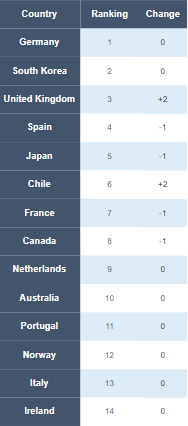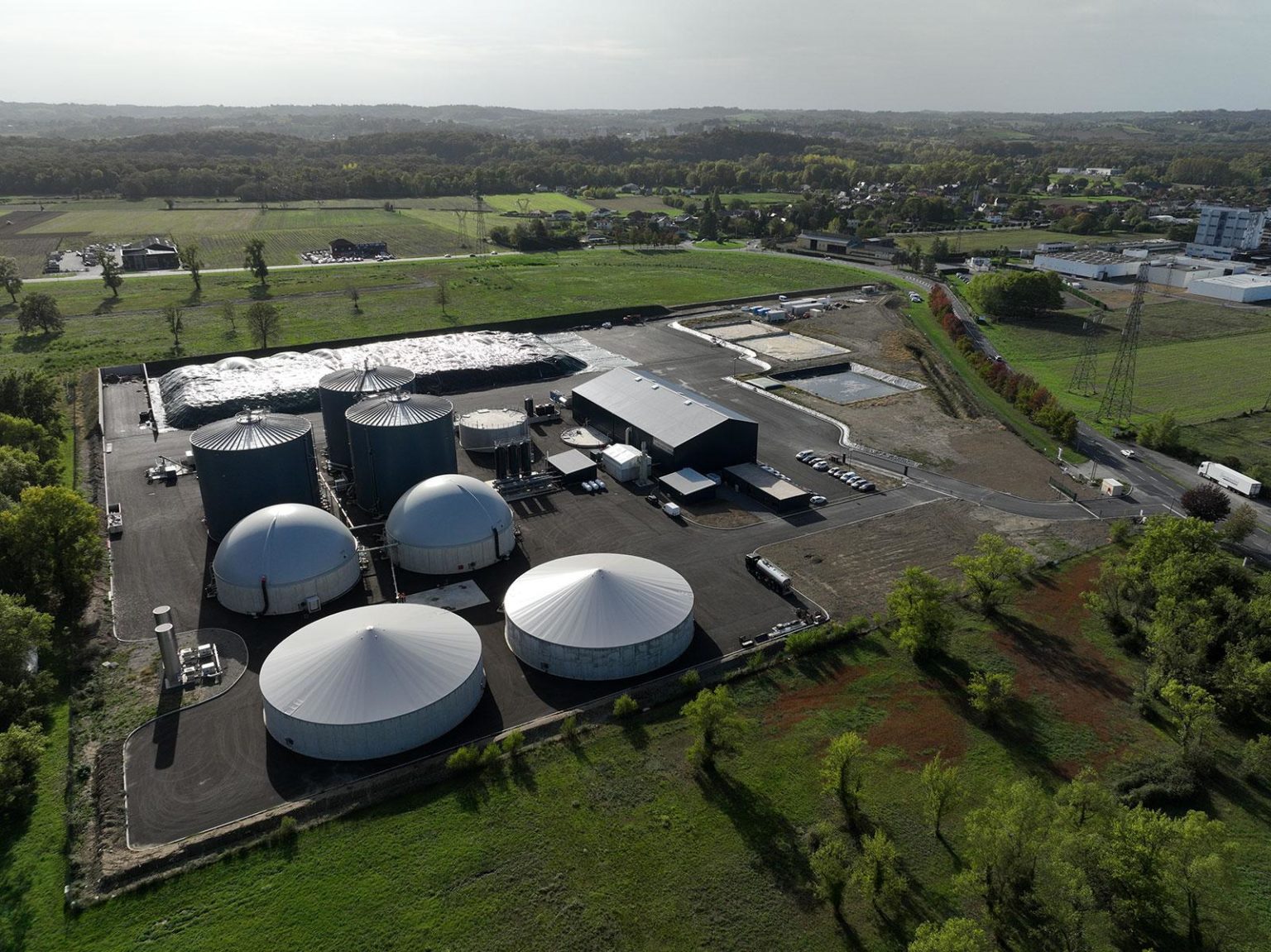The UK has been ranked third amongst countries that have the potential to be global leaders in the new hydrogen economy. The ranking from Cornwall Insight’s Hydrogen Index1 shows a marked improvement from 2022, with the UK surpassing both Spain and Japan in its efforts to establish an economy where low carbon hydrogen produced from sources other than fossil fuels, plays a critical role.
The Hydrogen Index ranks the 14 countries which had the most potential to develop advanced low-carbon hydrogen economies when the index launched in 2022. The new UK ranking reflects the substantial advancement in the UK’s low carbon hydrogen strategy over the past year, including the plans to double the UK’s capacity targets rising from 5GW to 10GW, if possible, by 20302. Future clarity has also been improved with the introduction of the Hydrogen Investor Roadmap in April 2022 and the Hydrogen Strategy Update to the Market in December 2022.
Despite developments across most of the indexed nations, Germany has retained the top spot as it continues to prove its commitment to developing an advanced low carbon hydrogen economy. Most notably, the German government has increased its ambitions by committing to an additional 5GW of low carbon hydrogen production by 2035 if possible and no later than 2040, bringing its total target capacity to 15GW.
Hydrogen is a very versatile energy source and will have an important role to play in meeting the UK’s target for net zero by 2050, especially in the decarbonisation of the industrial sector.
Table 1 – Index rankings and change from the previous release (March 2022):

Jamie Maule, Research Analyst at Cornwall Insight:
“As the UK journeys towards achieving net zero emissions, the potential of low carbon hydrogen to facilitate decarbonisation has emerged as a key topic of discussion, both domestically and globally. While the debate around its relevance in a domestic context continues, we believe that hydrogen could play a critical role in moving the industrial economy towards a more sustainable future.
“The movement of the UK up the low carbon Hydrogen Index rankings demonstrates a determination from the government to deliver a greener and more efficient energy system, while also acknowledging the potential economic benefits and job opportunities that can arise from developing a low carbon hydrogen sector. The commitment to increase the capacity of hydrogen is furthermore a positive step towards the UK becoming more energy self-reliant, lowering our need for costly and volatile imports.
“The UK’s low carbon hydrogen strategy can always go further, and it has some way to go to meet the target commitments of Germany. Hopefully more clarity will be provided to investors and developers around business models, as stable and long-term revenue streams will be essential to unlock the critical mass of private capital needed for the development of the hydrogen economy. Nevertheless, the UK has made significant strides in the past year, and we remain optimistic that this progress will continue in the low-carbon hydrogen sector.”







